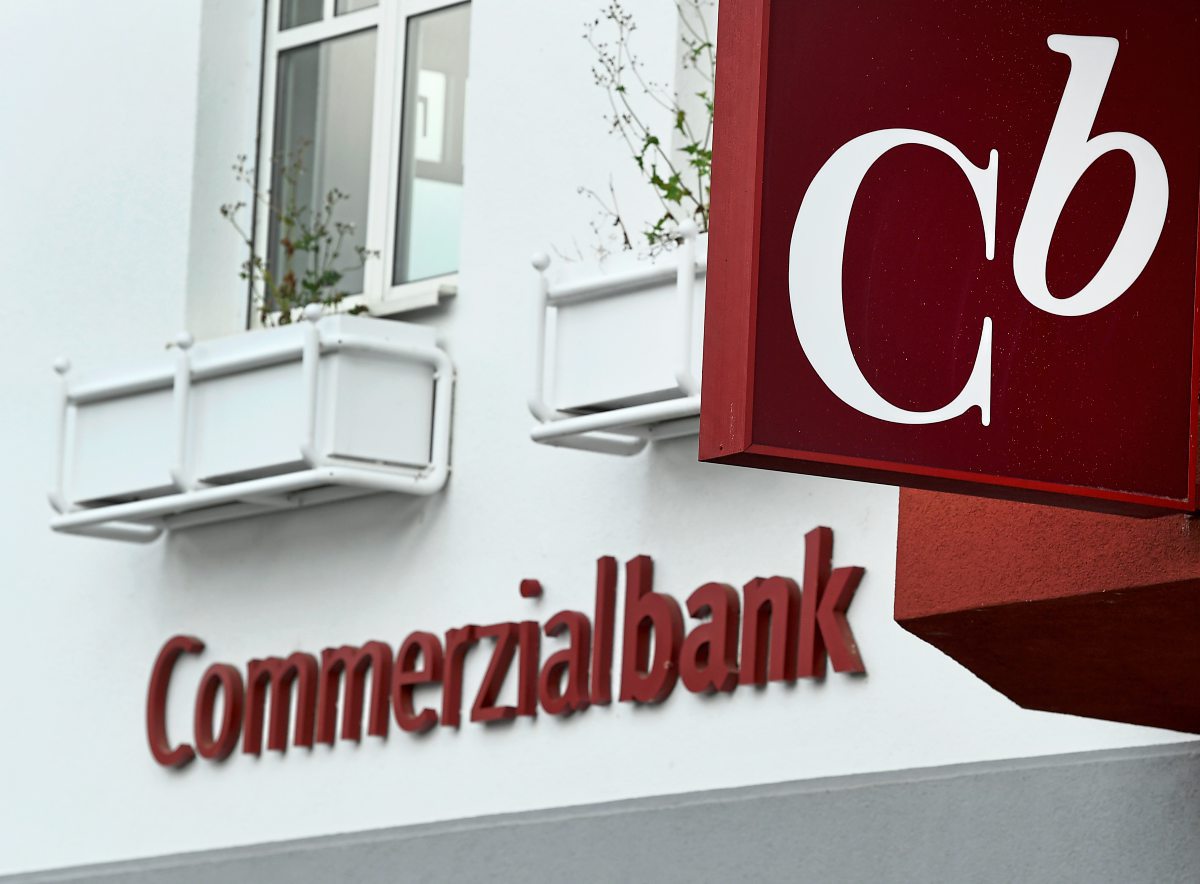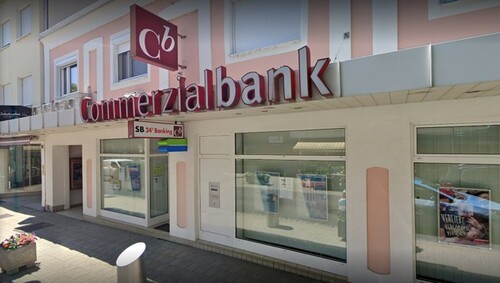This Blog Post is now in the queue for publishing as requested.
Depending on transfer load expect completion in around 15 minutes or 60 minutes if it has just been published by the owner.
This Blog Post has been removed from the queue for publishing as requested.
Commerzialbank: How the quick money rescue failed
Posted by
Otto Knotzer on August 10, 2020 - 8:58am
Why the regional management of Burgenland did not succeed in transferring its credit balance in good time at the last minute - and who succeeded earlier

Online transfers can also come too late, as the national company RMB learned shortly before the commercial bank closed.
Photo: APA
The regional management of Burgenland (RMB) wanted to transfer around 1.2 million euros to another bank on Tuesday, July 14th. A few hours before the Financial Market Authority (FMA) closed the institute at 11.45 p.m. However, the electronic transfer no longer went through, the money stayed where it was.
The reason for this: Electronic transfers are not made immediately either, banks have to check a number of things beforehand, for example whether the account has the necessary funds or whether the remitter is also authorized to sign for the respective account. This takes a while. In addition, electronic transfers can usually be reversed for up to 24 hours, and the money has to be there for that too.
Payment transactions stopped
In the specific case, the bank's payment transactions were stopped in the morning after the official closure, i.e. on July 15, and the RMB transfer was canceled by the bank itself, as they say.
Other conspicuous transfers or large-scale withdrawals shouldn't get stuck. However, a housing cooperative based in Vienna is likely to have withdrawn and transferred five million euros on Tuesday. In this case, it is said to have been a time-limited, comparatively good-interest deposit (time deposit), the binding period of which ended on July 14th.
Transactions come under the microscope
The trustee of the regional bank, which has fallen over with almost 530 million euros in over-indebtedness, and the investigators will anyway scrutinize all transactions that are close to the closure. After all, creditors must not be given preference in the event of insolvency; everyone must be treated equally.
The possibility of quickly withdrawing money via online banking in such a case is therefore limited. In addition, there are predefined transaction limits in online banking.
Limit increase
Many people have probably already had this experience. If several bills come together or if you want to pay down for a larger purchase, it is often necessary to increase the transaction limit first. Private customers can usually do this themselves in their online banking - provided they have sufficient funds in their account. The higher transaction limit can only be defined for this one transaction or for a specific period.
As a rule, companies do not have such a limit. Here, too, payment orders can only be made to the amount that the corresponding account has sufficient funds or up to the amount of the overdraft limit agreed with the bank. What is often added in companies are internal regulations - i.e. which person is allowed to move which amount on certain accounts, from when there is a four-eyes principle for transfers or a payment requires approval. (Renate Graber, Bettina Pfluger, 5.8.2020)



